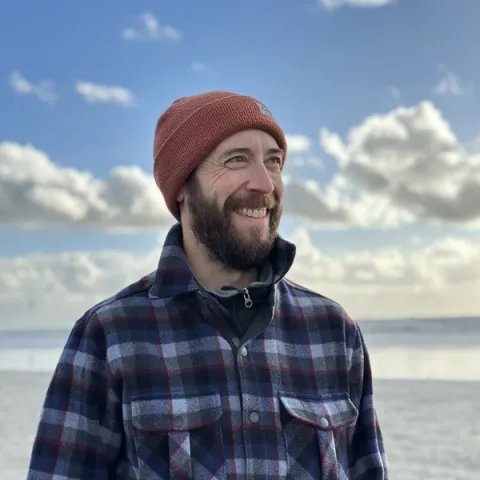About the project
Nature-based solutions (NbS) to natural hazards and environmental change offer the potential to protect, sustainably manage and restore natural or modified ecosystems while providing multiple other benefits for health, the economy and society. Although well-designed NbS can deliver multiple benefits for people and nature, attention typically focuses on terrestrial systems.
Coastal habitats such as seagrasses and tidal marshes are increasingly recognized for their essential carbon capture capabilities, their ability to attenuate storm surges and ameliorate flooding. Whilst efforts are being made to restore these vital habitats, significant gaps in understanding the short- and long-term impacts of multiple climate-driven changes, environmental forcing (e.g. flow dynamics) and biological interactions remain.
Given their potential to provide a more sustainable and resilient long-term solution to coastal sustainability, we need to understand the cumulative impacts of multiple stressors on coastal systems. This project will focus on:
- understanding how coastal habitats such as seagrasses and tidal marshes respond to multiple abiotic drivers of change (climate warming, ocean acidification, current speed, and flow conditions) and biotic interactions (grazer dynamics, faunal sediment reworking)
- assessing the implications for supporting NbS strategies and enhancing coastal adaptation plans.
Laboratory and field experiments combined with assessments of geomorphology and fluvial dynamics will examine the importance of sediment fauna and flora for coastal protection under varying environmental and climatic contexts.
For full project details visit the Inspire project page.
Supervisors
- Professor Jasmin Godbold (University of Southampton)
- Dr Eli Lazarus (University of Southampton)
- Professor Martin Solan (University of Southampton)
- Jessica Taylor (Natural England)

